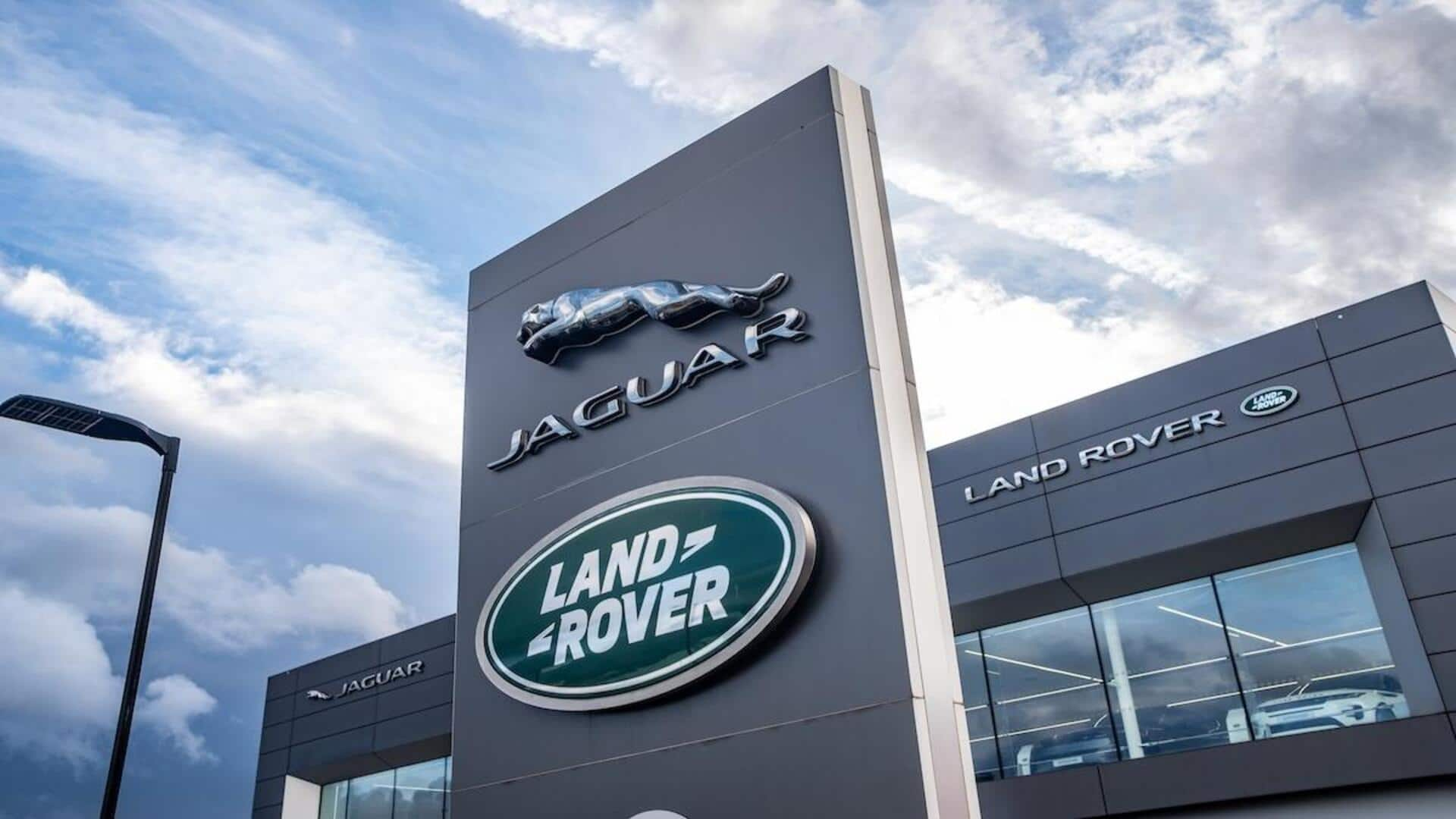
JLR cyberattack causes $2.5B economic loss in UK
What's the story
The August cyberattack on Jaguar Land Rover (JLR), a subsidiary of India's Tata Motors, has cost the UK economy an estimated £1.9 billion ($2.55 billion). The incident impacted over 5,000 organizations in the country, according to a report by Cyber Monitoring Centre (CMC), an independent cybersecurity body. The CMC is an independent cybersecurity body made up of industry experts, including the former head of Britain's National Cyber Security Centre (NCSC).
Manufacturing impact
Most of financial impact due to lost manufacturing output
The CMC report noted that the economic damage from the JLR hack could be even greater if there are unexpected delays in restoring production levels at the vehicle manufacturer. The incident has been described as one of the most economically damaging cyber events to hit the UK, with most of its financial impact stemming from lost manufacturing output at JLR and its suppliers.
Recovery efforts
JLR resumed production after 6 weeks
After nearly six weeks of production halt due to the cyberattack, JLR resumed manufacturing earlier this month. The luxury carmaker has three factories in Britain that together produce about 1,000 cars per day. To help support suppliers during this difficult time, the British government provided a £1.5 billion loan guarantee to JLR in late September.
Cyber event classification
Hack classified as Category 3 systemic event
The CMC, funded by the insurance industry to assess the financial impact of major cybersecurity incidents on British businesses, has classified the JLR hack as a Category 3 systemic event. This is out of a scale of five. The CMC's estimate reflects "the substantial disruption to JLR's manufacturing, to its multi-tier manufacturing supply chain, and to downstream organizations including dealerships."